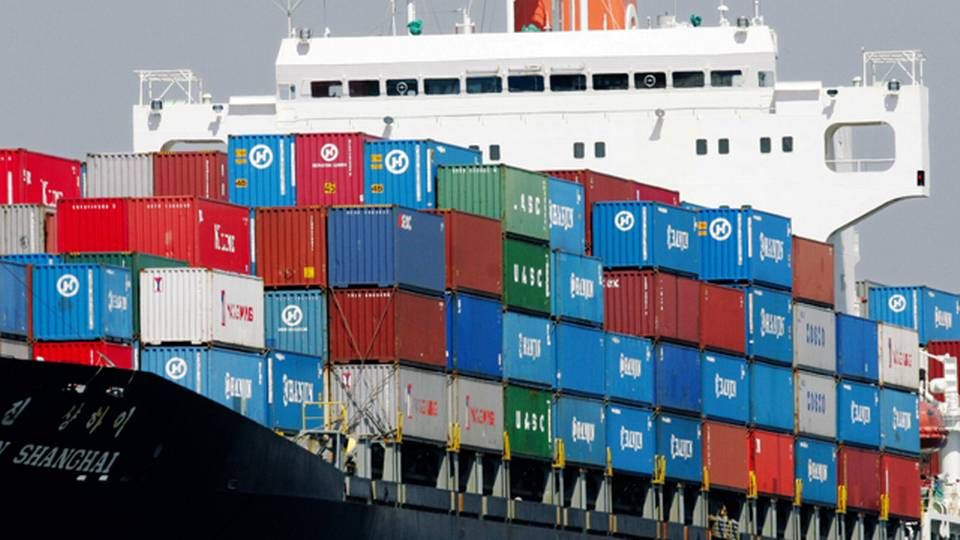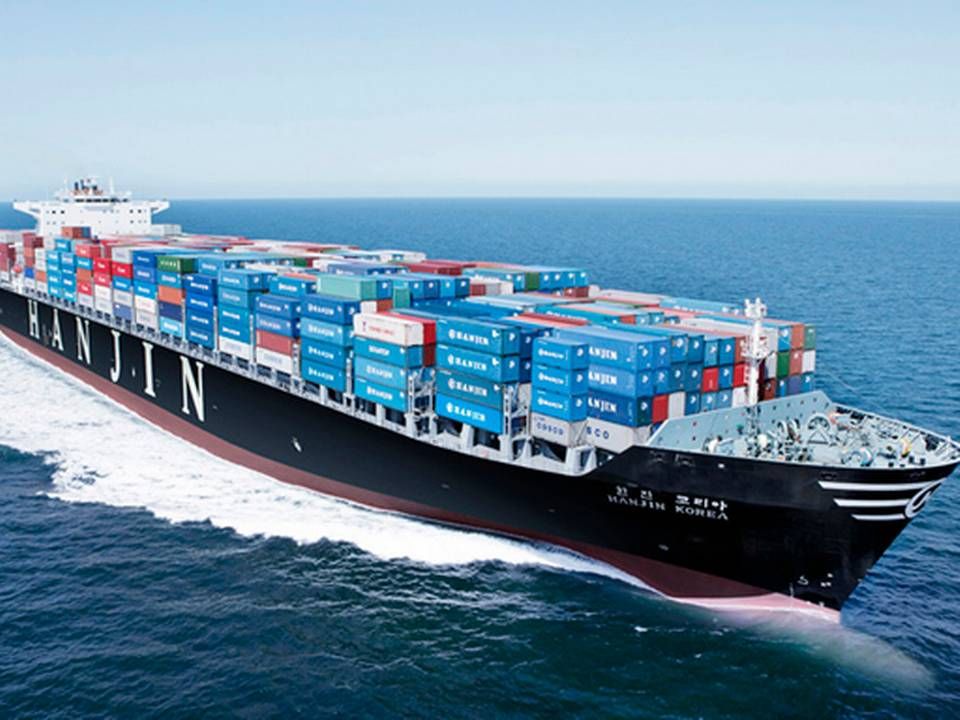SeaIntel: Hanjin's customers risk major compensation claims

Hanjin Shipping's entry into receivership has caused a major headache for most of the carrier's customers in terms of getting their goods released from the carrier's vessels. But even if the shippers seemingly have enough to deal with, they are also at risk of being sued by Hanjin's lawyers on behalf of the carrier's creditors, for not delivering the freight volumes that were agreed upon in service contracts with Hanjin. On the Pacific alone, the claims against shippers could total a sum between USD 40 and 300 million.
Analyst agency SeaIntel states this in its latest newsletter Sunday Spotlight, in an analysis written by Lars Jensen from Seaintelligence Consulting.
The situation stems from a ruling at a court in New York, which is expected to be made by the end of September this year, and according to SeaIntel, could have a major impact on Hanjin's customers.
Try a free 14-day trial subscription to ShippingWatch
The specific case concerns the carrier The Containership Company (TCC) which began a weekly service on the Pacific from Shanghai to Los Angeles in April 2010. The carrier went bankrupt in 2011 after filing for bankruptcy in Denmark, where the company's operational headquarters was located.
The essence of the case concerns the matter of whether or not, shippers or customers are liable to pay compensation if they did not supply the freight volumes that they were committed to, according to the contracts with Hanjin, leading up to the carrier's receivership at the beginning of September.
Electrolux: Hanjin collapse could impact production
The Containership Company field a lawsuit at the time against 80 shippers, demanding compensation totaling USD 23 million, because the shippers concerned had not lived up to their commitments for minimum volumes delivered, as cited in the service contracts with the carrier. The shippers rejected the claims, cited from the so-called MQC clauses (Minimum Quantity Commitment, -ed.) in the service contracts not typically being enforced, just as the carrier stopped sailing before the contracts had expired. When this happened, the carrier only had four sailings left according to the contracts.
This April, the court in New York ruled that the service contracts are both valid and binding, but the court also ruled that the shippers' remaining MQC commitments became void in relation to the four remaining sailings.
The carrier appealed this part of the ruling in May. One reason was that ahead of the receivership, the shippers still had yet to supply freight volumes, totaling much greater amounts than could fit on the last four sailings. The judges of the New York court of bankruptcy will decide on this case with an expected ruling sometime this quarter.
3000 containers trapped in Rotterdam following Hanjin's collapse
If Hanjin's lawyers on behalf of the creditors were to decide to sue a large number of shippers, and if the courts ruled in Hanjin's favor, then according to SeaIntel, this would mean the death knell for any potential hopes or desires that Hanjin may be resurrected as a major, independent container carrier.
If the lawyers decide that there is no way forward with a resurrection of Hanjin to its former self, they would probably be neglecting their duties if they did not look into the possibility of filing claims against the shippers.
More Hanjin vessels allowed to call in US ports
Related articles
More Hanjin vessels allowed to call in US ports
For subscribers
Hanjin's biggest creditor hesitant with financial help
For subscribers
Samsung enraged by stranded Hanjin vessels
For subscribers





















